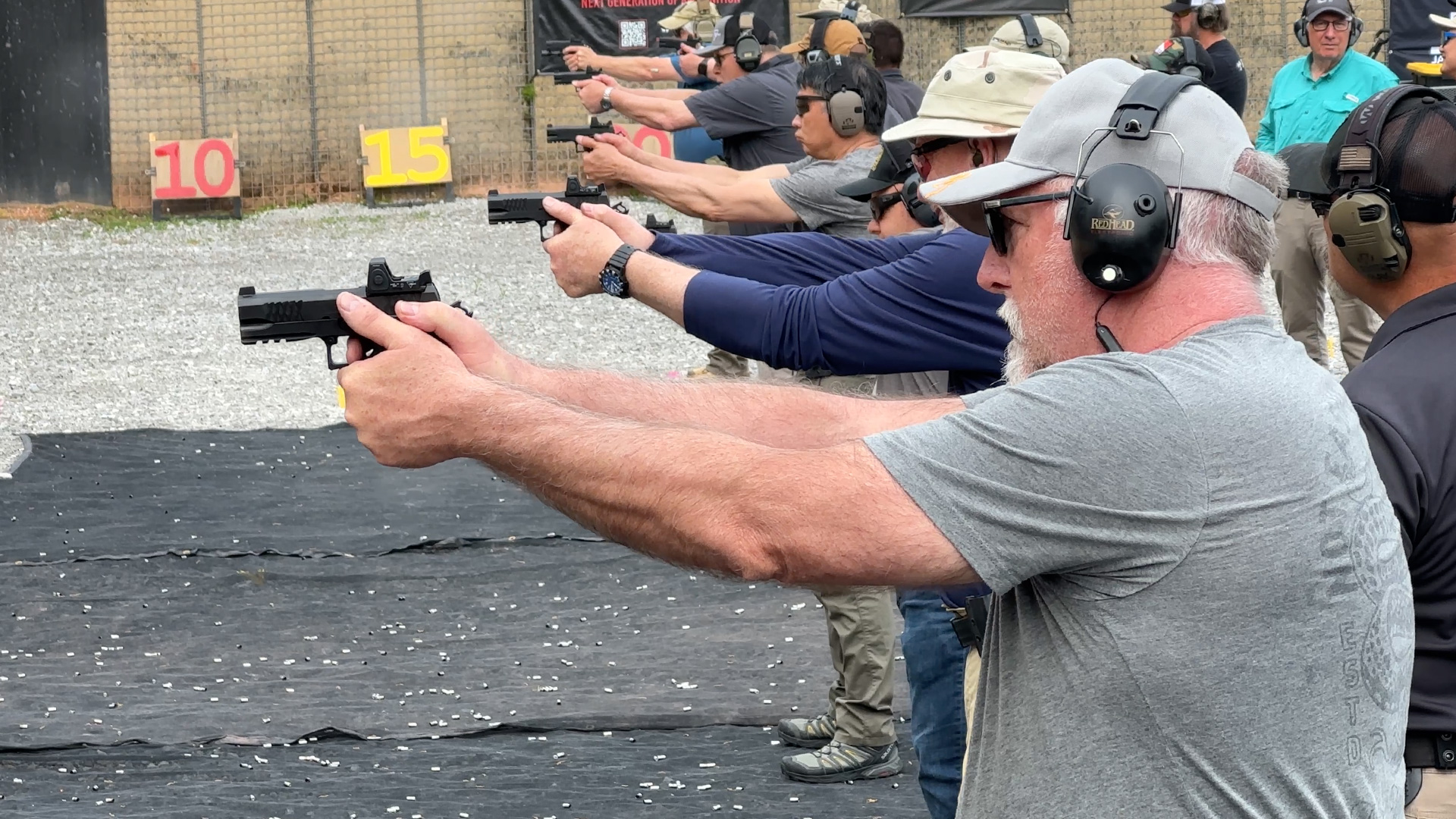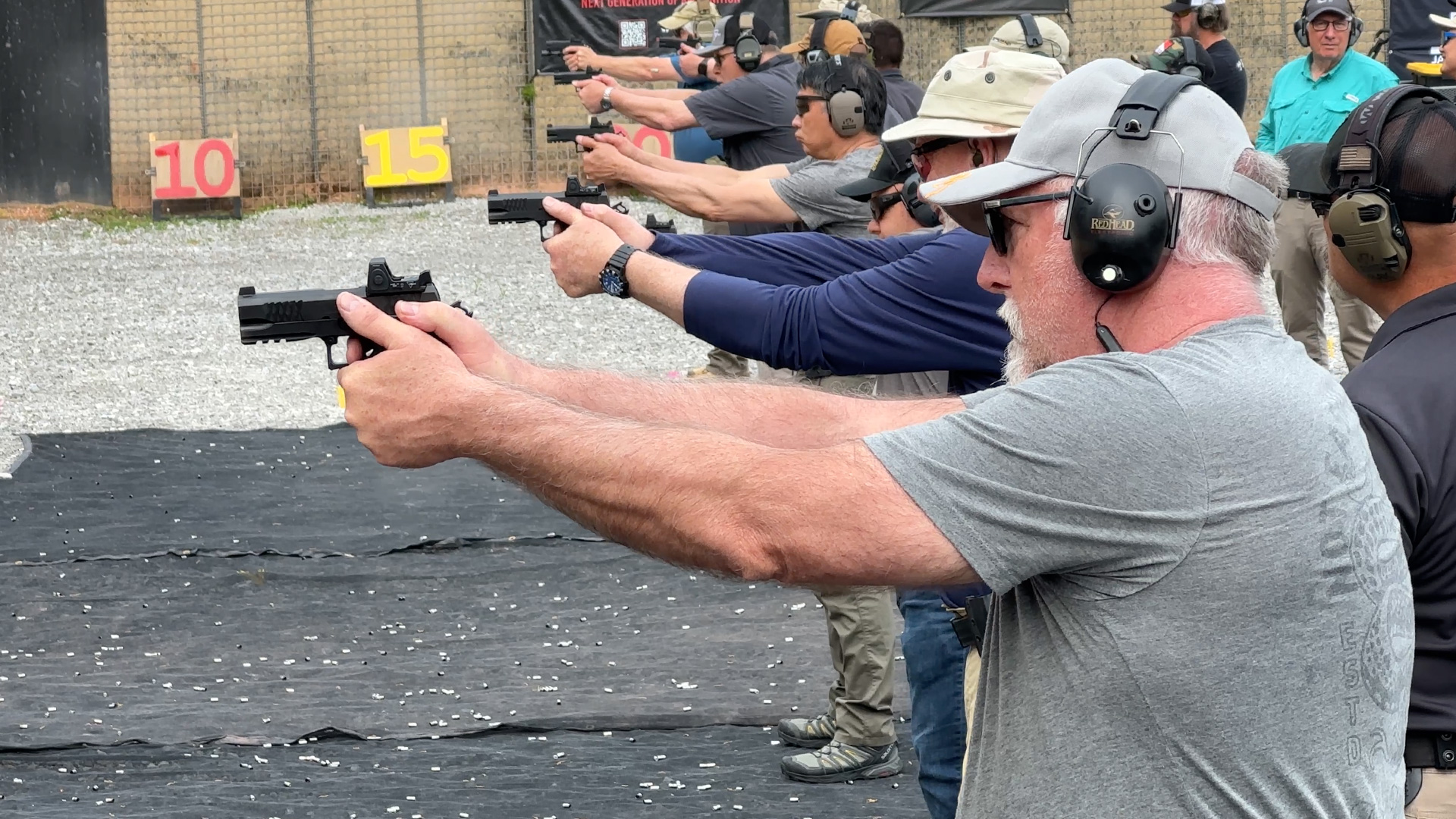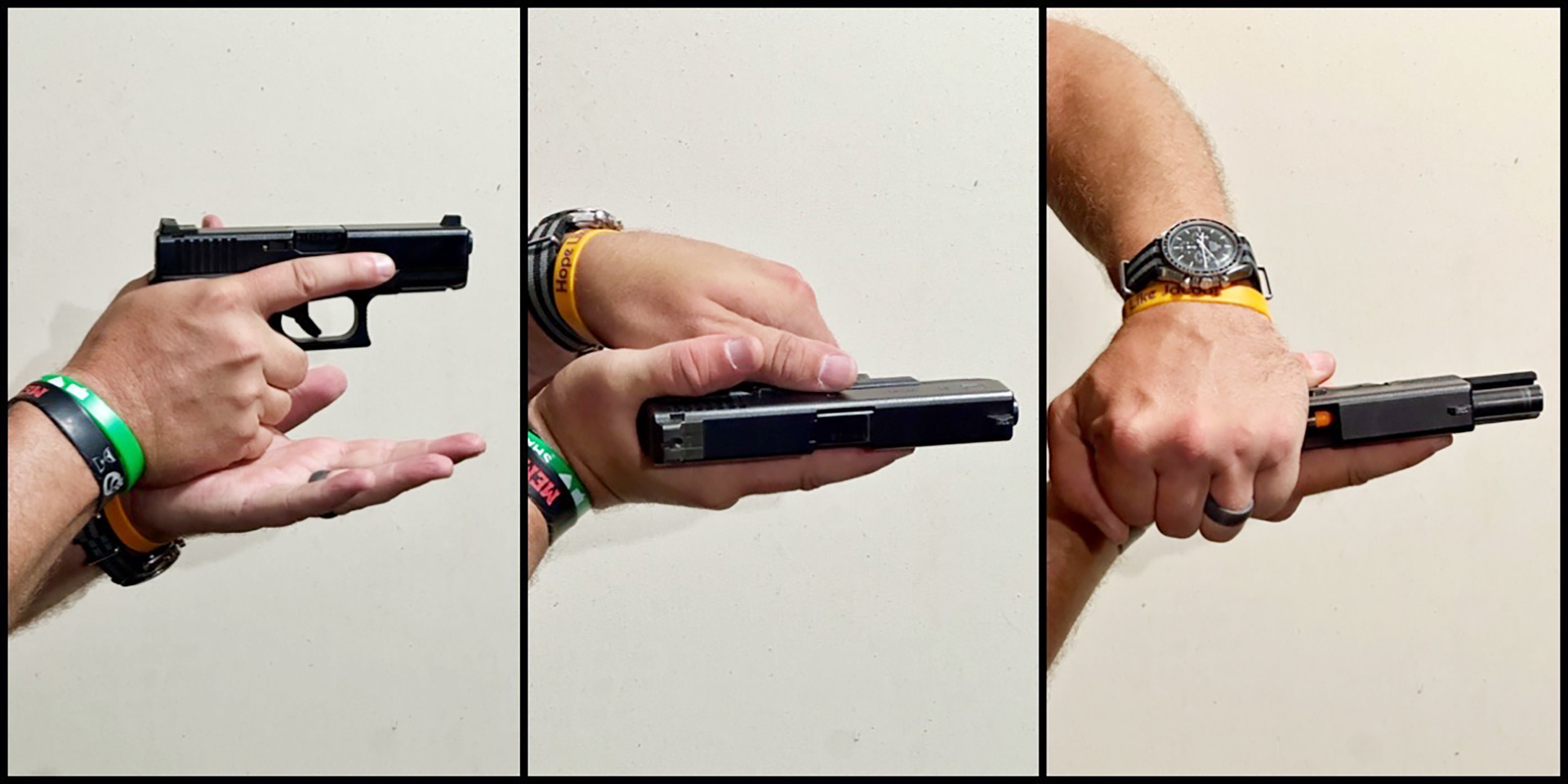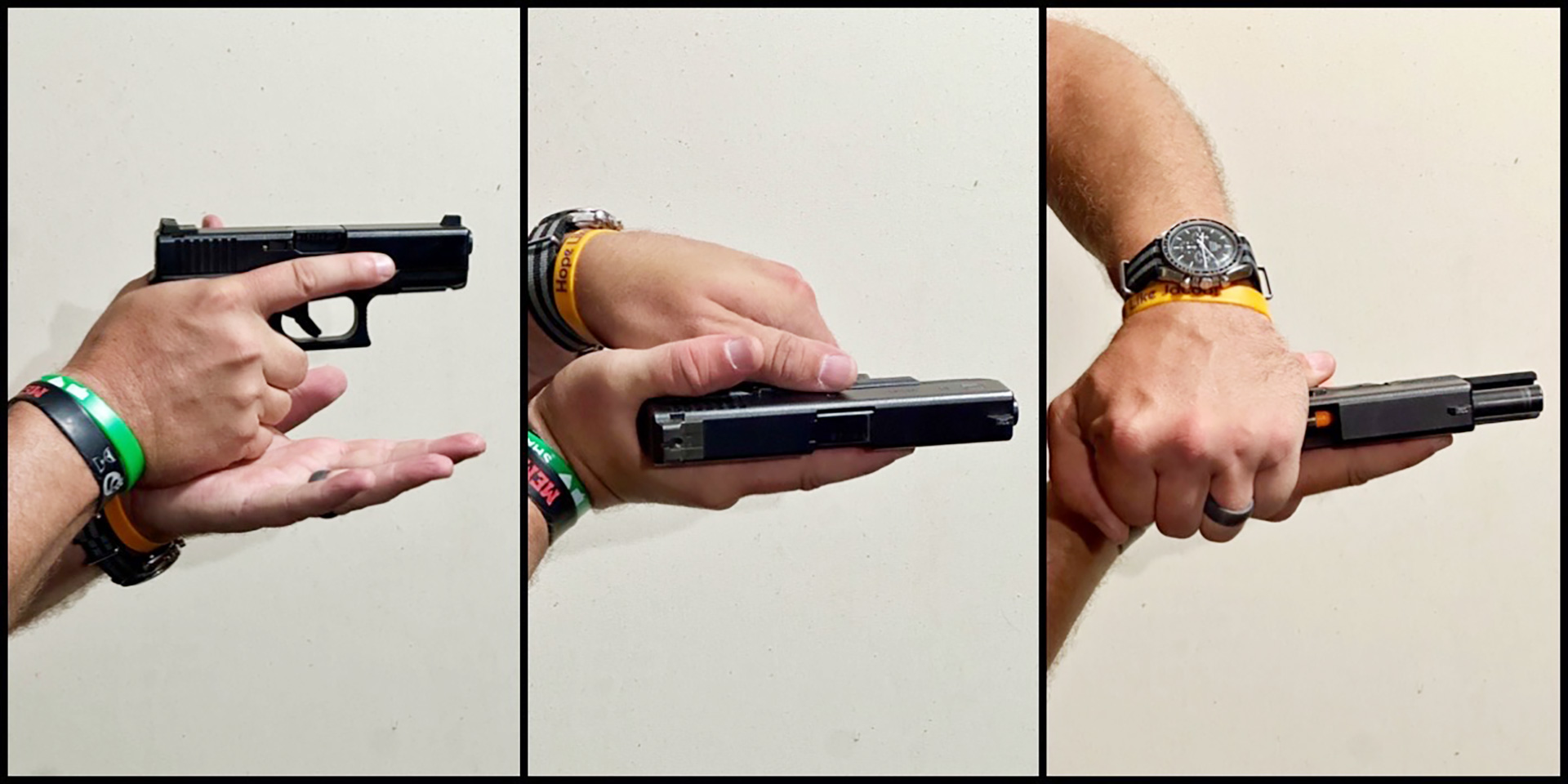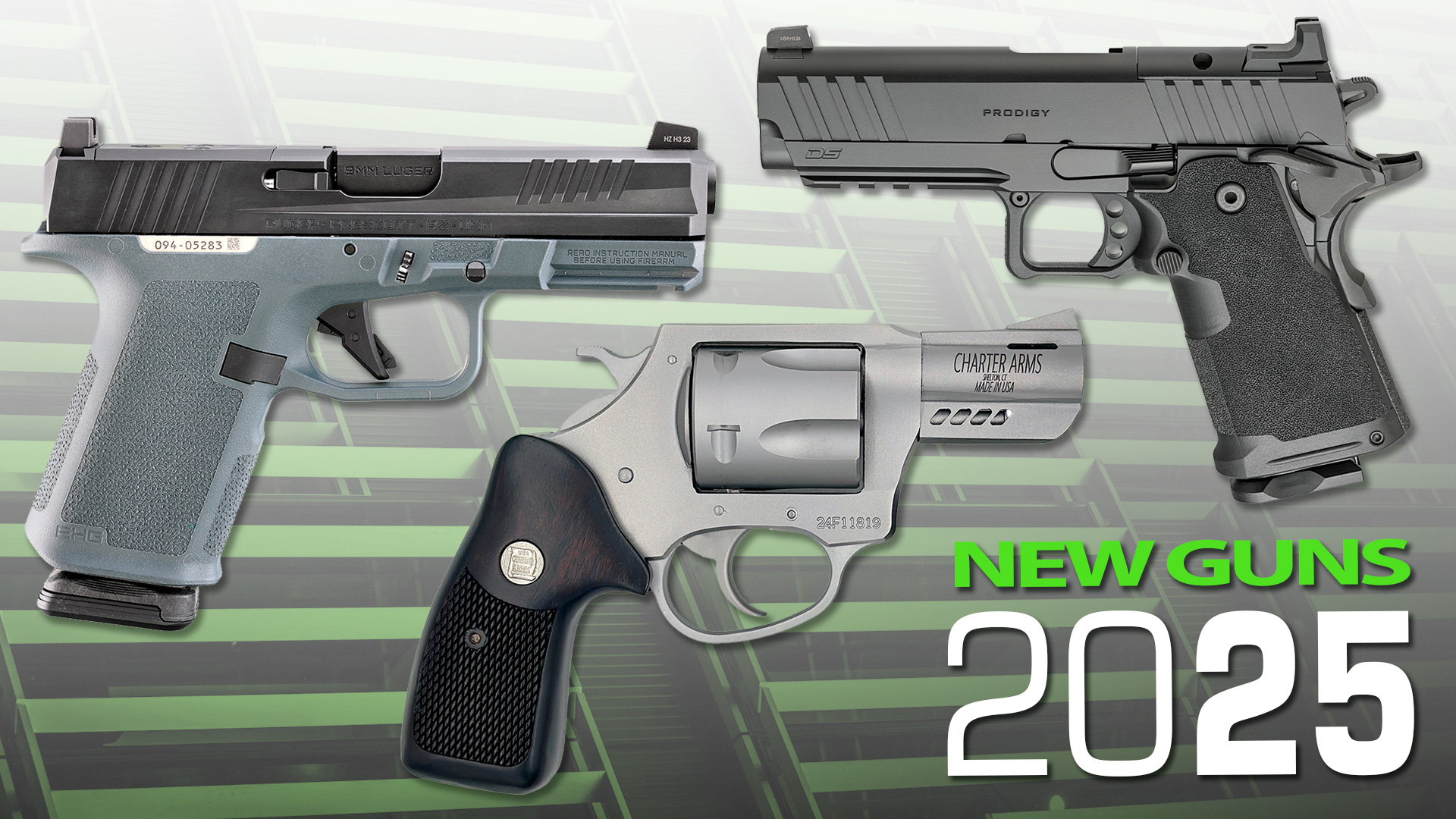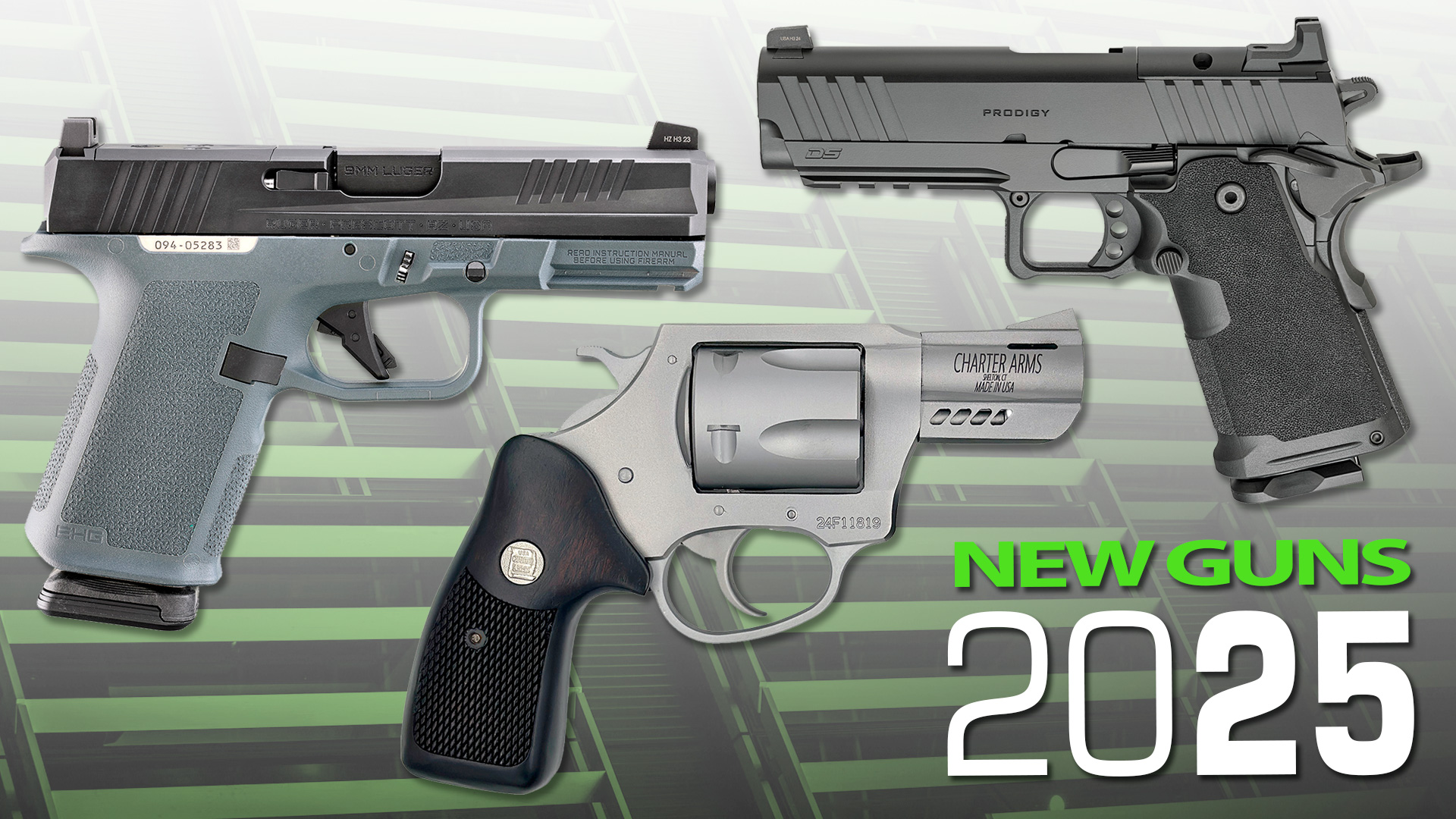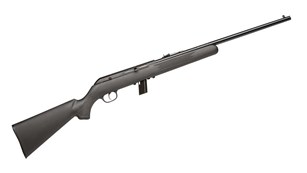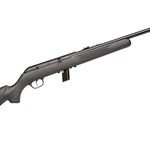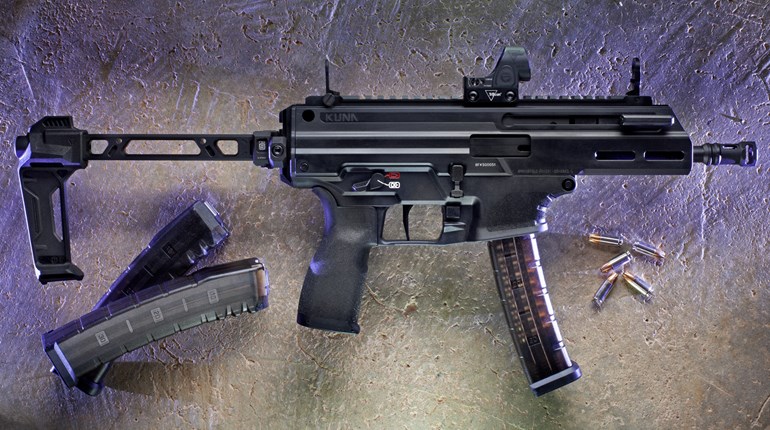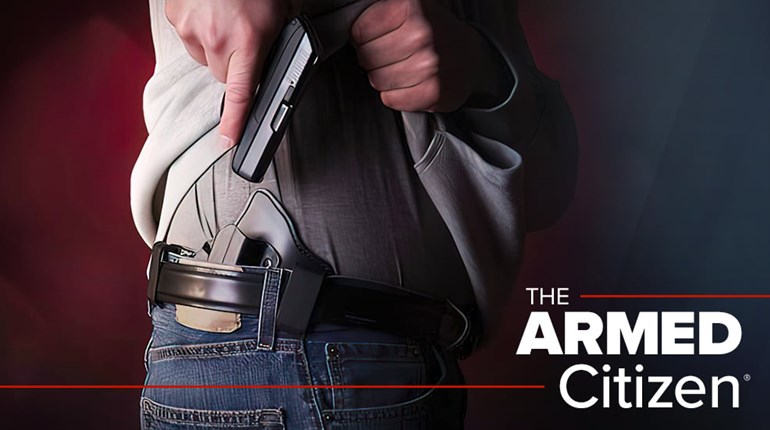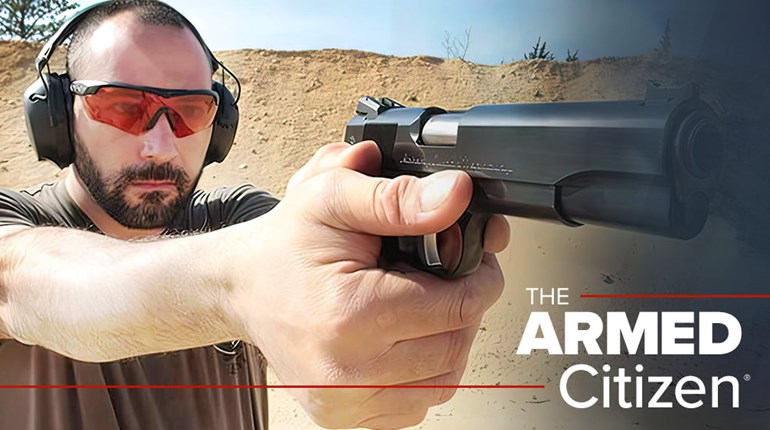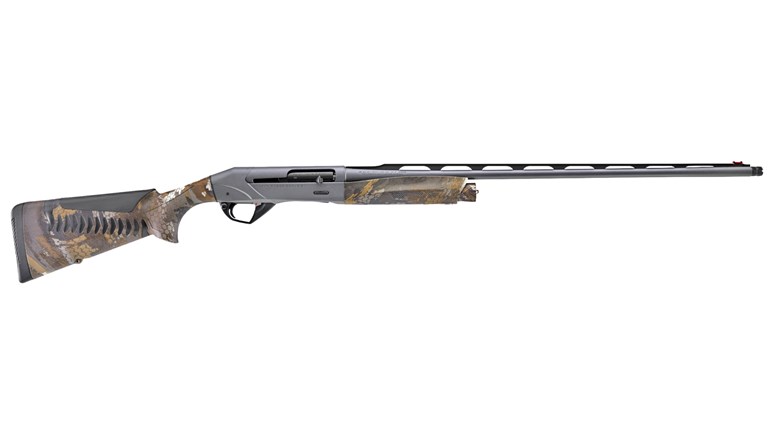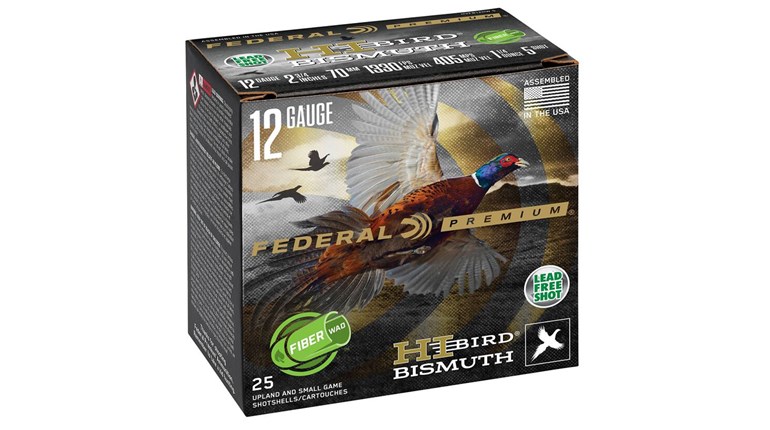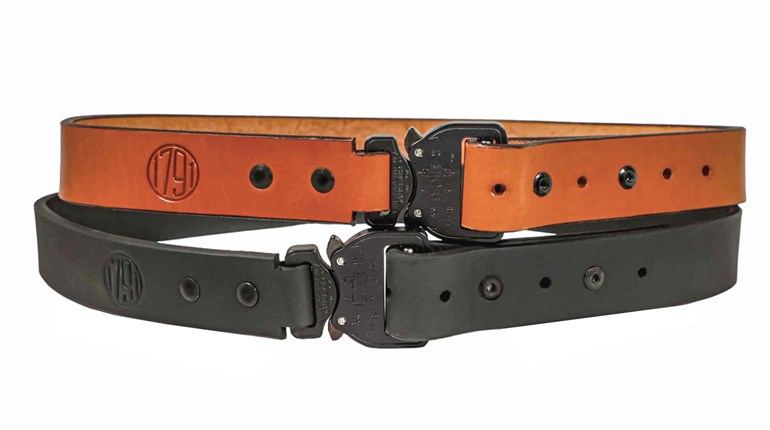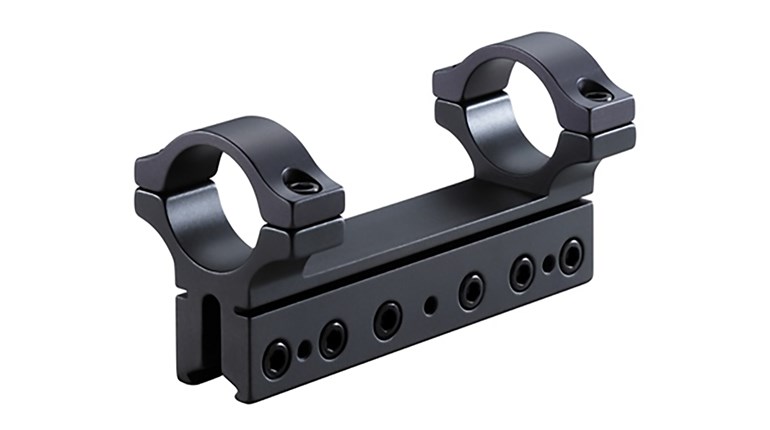
Introduced in 1983 in the Bren Ten Pistol, the 10 mm was praised by none other than Colonel Jeff Cooper as a superb defensive round. However, excitement about both the 10 mm and the Bren Ten abated when several of these pistols shipped with inoperable magazines or no magazines at all. The 10 mm bounced back from those early woes and even began to gain the interest of large government agencies like the FBI. Following the infamous Miami shootout of 1986 that left two agents dead and five wounded, the FBI elected to adopt a pistol with more punch than the 9 mm for their agents. The 10 mm Auto became the front runner and, in 1989, the marriage was made official.
But there was a problem. The 10 mm Auto, despite its impressive punch, generated enough recoil that some agents found it overwhelming. The FBI began dropping their duty loads considerably, and eventually the .40 S&W took over the 10 mm’s vacated position as the FBI duty round of choice.

The 10 mm Auto has suffered some rough years, but shooters are finally coming to appreciate all the 10 mm has to offer. Demand for 10 mm Auto handguns and ammunition rise every year and more and more manufacturers are offering 10 mm pistols and revolvers than ever before. What changed? Nothing.
The 10 mm’s success is entirely organic, the product of shooters taking a closer look at this round that was teetering on the edge of obsolescence. And what most of those shooters noticed is that, despite its early troubles, the 10 mm is actually a very good defensive cartridge. It’s not right for every shooter and every situation, but for those who can handle the 10’s power it might be the best defense cartridge available. Here are five reasons why the 10 mm Auto can be a great option for personal defense.
1. Recoil Really isn't That Bad
When news spread that the 10 mm was too much gun for FBI agents many shooters cocked an ear. Too much pistol for a professional? That must mean the 10 mm doles out some serious abuse.
In truth, the 10 mm isn’t the wrist manglers it’s made out to be. We must remember that not all FBI agents are experienced with firearms. If you’re a computer science expert who has never even held a gun, then firing the 10 mm Auto for qualification is a challenge. However, if you’ve shot a bunch and are comfortable with a .45 ACP, then the 10 mm isn’t bad at all. In fact, the 10 mm might be more comfortable to shoot than a .45 ACP or even a 9 mm.
I shoot various types of handguns from a fixed rest on a weekly basis, and it isn’t the 10 mms that make me groan. Compact .45s are worse, and I’ll contend that really light, really small 9 mms with hot ammo (a gun/load combo we push on newbies) that get squirrely during recoil are the worst of the lot. A full-sized 10 mm 1911 or polymer gun like Glock’s G20/G40 or Springfield’s XD-M isn’t unpleasant to shoot, especially if you choose ammo wisely.
2. The 10 mm Auto Embodies Load Versatility
There’s no semi-auto cartridge on the planet that offers the versatility of the 10 mm Auto. Rounds like Barnes’s 155-grain VOR-TX, Federal’s 180-grain HST Personal Defense and Hornady’s 175-grain Critical Duty are great options for personal defense. In addition to its reputation for excessive recoil, the 10 mm Auto also gets a bad rap for over-penetration, which I would argue is also underserved.
Defensive 10 mm loads routinely shoot 12-18 inches in gel, which is the FBI standard for testing. Want an even milder 10 mm? Double Diamond and Storm Lake offer barrels for 10 mm Glock pistols that will allow them to fire .40 S&W ammunition.
If you want powerful loads, the 10 mm Auto offers those, too. With max loads the 10 mm Auto generates more than 700 foot-pounds of energy, which is approaching .41 Remington Magnum revolver levels. Of all the semi-auto chamberings, the 10 mm Auto offers the closest to big bore revolver ballistics in a much lighter, easier-to-carry package.
3. The 10 mm Put the Energy/Capacity Debate to Bed
For years we’ve heard the same arguments about capacity versus energy from the same corners of the shooting universe. 9 mm fans argue that their cartridge is not the same as it was in 1986 (and rightly so) and say the added capacity makes it the best option. .45 ACP fans will smirk and dismiss the capacity advantage, pointing out that the .45’s prodigious energy and large bore diameter more than make up for lost capacity.
Then there’s the 10 mm Auto. 10 mm Auto pistols hold more rounds—a round or two more in the magazine than comparable .45 ACP pistols—and the 10 mm punches a lot harder than either the .45 ACP or the 9 mm. What’s more, compact pistols like the Glock 29 make it possible to carry the 10 mm concealed, so there’s no need to give up either capacity or stopping power from your carry pistol.
4. The 10 mm Auto Is Good for Two and Four-Legged Predators Alike
Black bears are found in 41 of the 50 United States, so there’s a good chance you live in bear country. These predators that were once relegated to the backcountry are now more frequently seen in urban and suburban areas. Grizzly bear populations are also expanding in the Lower 48, and as more bears of both species learn to live off the scraps of humankind and become habituated dangerous encounters are certain to increase.
Odds are slim you’ll be attacked by a bear, but when I’m in the backcountry in bear country (especially grizzly country) I’ve always got a gun that will stop a bear of any size. Will a 9 mm work? Probably, but “probably” being able to promptly kill a bear isn’t what I’m after.

The 10 mm is, without doubt, enough gun for black bear, mountain lions and other potential predators and it is one of the most popular choices for those who spend time in grizzly country. And, as previously mentioned, the 10 mm Auto is much easier to carry than a big bore revolver. I carry a Rock Island 10 mm in a GunfightersINC Kenai chest holster when hiking and I often forget the gun is even there. If I need stopping power suddenly, though, it’s always close at hand.
5. The 10mm Auto is More Panic-Proof Than the 9 mm, .40 S&W, and .45 ACP.
If 2020 has taught us anything, it’s that ammo supply chains can quickly be overtaxed in times of trouble. This year’s pandemic and widespread public turmoil prompted a gun and ammo buying spree the likes of which we’ve never experienced. The first things to go? 9 mm handguns and pistols.
Of the record 14.9 million background checks conducted so far this year (and it’s just October!) about 6 million of those new guns went to first time buyers. And guess what? First time buyers don’t usually buy 10 mm Auto ammo. When I did a check on the numbers in June, .45 ACP, .38 Special, and .40 S&W stockpiles were pretty well depleted, and finding 9 mm ammunition was like stumbling upon the Ark of the Covenant. 10 mm Auto ammo, however, was still available at the time—not in huge quantities, mind you, but available.
Since then, 10 mm has become harder to find because ammo companies are working double time to roll out enough 9 mm ammo to meet the outrageous demand and so reconfiguring a bunch of machines to run 10mm isn’t top priority. Still, during the worst of times this summer it was possible to find 10 mm Auto ammo when everything else was gone.
